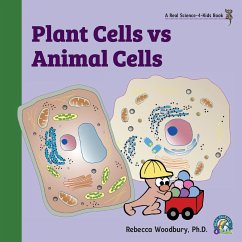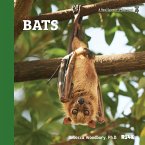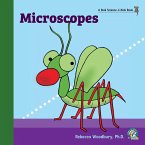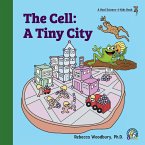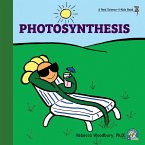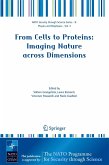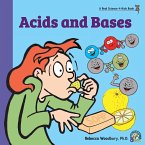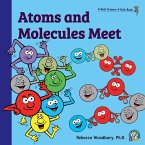In the leveled reader Plant Cells vs Animal Cells, fundamental science concepts in biology are explained through simply written text and colorful, fun illustrations. Young readers will discover that plants and animals have different types of cells. Cells are made of atoms and molecules and do different jobs inside living things. Both plant cells and animal cells are surrounded by a cell membrane and have organelles, which are structures inside cells that do different jobs. The nucleus of a cell is the organelle where DNA is made and held. DNA is a strand of linked atoms that tell the cell what to do. A ribosome is an organelle that makes proteins, which are long chains of atoms. Proteins do all the work inside a cell, cutting, joining, and moving molecules. A mitochondrion is an organelle that makes energy for the cell. Plant and animal cells are also different. Plant cells have a stiff outer cell wall in addition to a cell membrane. Animals cells have only a cell membrane. Plant cells have chloroplasts, which are organelles that catch sunlight to make food. Animal cells do not have chloroplasts and do not make food from sunlight. Animals get their food from eating other animals and plants. A pronunciation guide of scientific terms is included. 24 pages filled with engaging, colorful illustrations. Reading Level 1-3, Interest Level 2-5.
Hinweis: Dieser Artikel kann nur an eine deutsche Lieferadresse ausgeliefert werden.
Hinweis: Dieser Artikel kann nur an eine deutsche Lieferadresse ausgeliefert werden.

